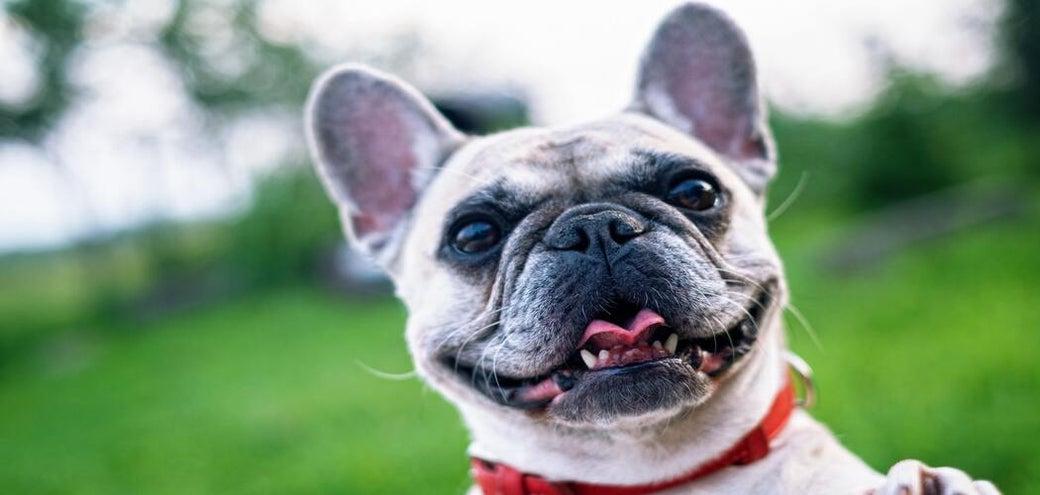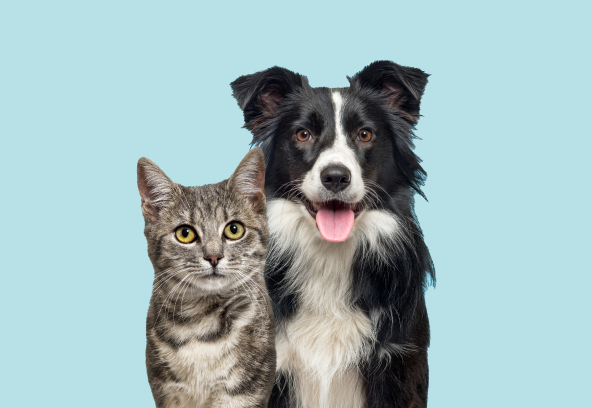
How to reinforce good behaviour in your dog

We love to be rewarded for a job well done. And our dogs are no different. Here’s how to use this to your advantage to reinforce good behaviour.
We all love a bit of positive reinforcement. A ‘well done’ for doing something good, or a special treat, or recognition from our boss. Psychologically, this encourages us to continue with this behaviour – continue to do the right thing and get praise – or maybe even a raise.
And this is certainly no different for your dog, although they’re probably not as concerned by the figure in their bank account as the number of treats you’re doling out.
You can use this reward and recognition drive in your dog to your advantage. Using treats – or even non-food rewards like play, time off-leash, or just a good belly scratch – are all great ways to reinforce good behaviour in our dogs.
So, how can you reinforce good behaviour in your dog?
First, figure out what makes them want to work
Some dogs are very food-focused, meaning they’ll do almost anything for a treat. Other dogs are more motivated by play, or by their favourite toy. So, figure out what it is that makes your dog extra happy and employ that as your go-to positive reinforcement pay.
Then, reward them when they display the desired behaviour
The key to reinforcing good behaviour is to reward them immediately after they display that behaviour. This could be anything from sitting quietly while you tie your shoes, walking at heel, or staying quiet when the neighbour comes to visit.
Often, these will be behaviours you’ll look to ‘train’ into your dog using commands like ‘wait’, ‘heel’ or ‘quiet’ (learn more about training your dog here). But this can also be used in other situations.
Say you’re out for a walk with your dog in an off-leash area, for example. While your dog is free to roam, it comes back periodically to check-in, which may be a behaviour you want to encourage, so it’s a behaviour you reinforce through reward.
Be consistent
Part of the drive for a dog to display good behaviour is knowing they’ll get a treat, so consistency is key. Otherwise, you may notice your dog becoming inconsistent with its behaviour. This consistency will also pay off when dealing with bad behaviour. Rather than punishing your dog for undesirable behaviour, you can redirect their behaviour to a good one using the commands you taught them, and for which they’ll get a reward.
Over time they’ll realise that if instead of displaying a negative behaviour – like barking at the neighbour’s cat – if they come and chill with you instead they’re much more likely to get a treat they love.

